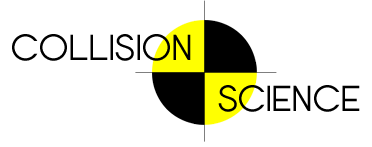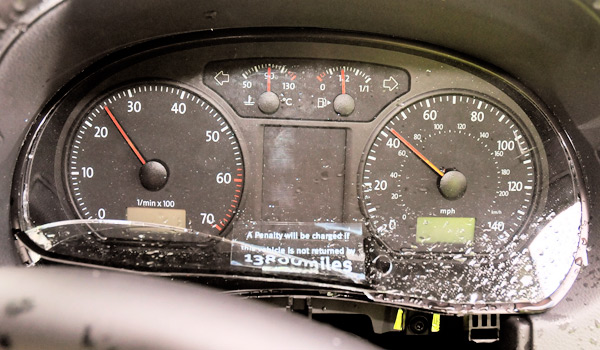We love anything to do with cars, Science and Engineering. Having been involved with the Thrust 2 land speed record it’s therefore no surprise that we are enthusiastic supporters of the Bloodhound SSC Engineering Adventure.
The Bloodhound project has two aims, firstly and most importantly it aims to inspire the next generation of Engineers and Scientists through the challenge of breaking the world land speed record which currently stands at 763mph. The second aim is to design and build a car capable of being driven at 1000 mph.
We are part of the Bloodhound Ambassador program which acts as a link between the engineers building the car and the general public. We explain the technical challenges to take the car to 1000mph and how engineering has overcome those challenges.





